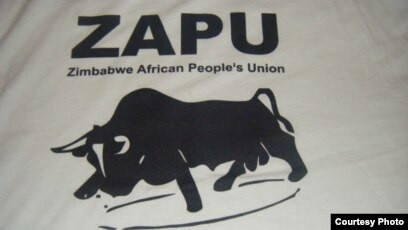
FOR several years, marginalised communities have complained about being stateless citizens as a result of failure to acquire birth registration documents.
Many of them are either victims of the genocidal Gukurahundi massacres of the 1980s or descendants of migrant workers from Zambia, Malawi or Mozambique.
Appearing before the Parliamentary Portfolio Committee on Home Affairs, Defence, Security and War Veterans on Monday this week, Amnesty International Zimbabwe executive director Lucia Masuka called for the amendment of the Citizenship Act and the Births and Deaths Registration Act to recognise dual citizenship to address challenges associated with statelessness.
She said the amendment would ensure that all individuals, including migrant workers, have access to citizenship and nationality.
“Government in consultation with stakeholders should amend the Citizenship Act and the Births and Deaths Registration Act to, among other issues, recognise dual citizenship and allow late registration of births and the right to a Zimbabwean nationality for migrants from Sadc States born in Zimbabwe if one of the parents is a Zimbabwean or a citizen of a Sadc State in line with the 2013 Constitution and relevant international norms,” Masuka said.
In a report published in October last year, the Zimbabwe Human Rights Commission highlighted that descendants and victims of Gukurahundi still do not have birth certificates and national identity documents because they are required to produce evidence that their parents either died or went missing during the 1980s mass killings.
The descendants, in the absence of a death certificate, are required to bring witnesses, who are often scared to testify against government.
The report was the commission’s first-ever national inquiry in a quest to address systemic violations of human rights.
- Editor's memo: Gukurahundi: Time for restorative justice
- Gukurahundi closure needs sincerity, maturity and solemnity
- Zapu to contest in 2023 polls
- Zapu, Zipra jointly fight for seized properties
Keep Reading
It highlighted several challenges faced by minority groups in accessing national documentation, which results in people failing to enjoy their rights enshrined in the Constitution.
Failure to acquire birth registration and identity documents means the affected individuals cannot open bank accounts, and apply for loans. They also find it difficult to enrol in schools or colleges as well as even apply for jobs on an equal footing with those who have such documents.
It also means they cannot vote.
Already, a community has been disenfranchised, marginalised, with even Amnesty International in April 2021 launching a report titled We Are Like “Stray Animals”, which detailed how Zimbabwe’s discriminatory and arbitrary nationality laws have left generations of migrant workers and their families marginalised in the only country they have ever called home.
Government should make the process of acquiring birth and identity documents more fluid.
Treasury should avail funds for construction of Registry Offices in affected to ease the process.
The Gukurahundi massacres were enough and the government must not add insult to injury by making it difficult to acquire identity documents.
Descendants of migrant labourers live in penury, with their wages not enough to make them see a month through.
The government must give them a chance by ironing out the sticky issues and ensuring they are able to get identification documents.






